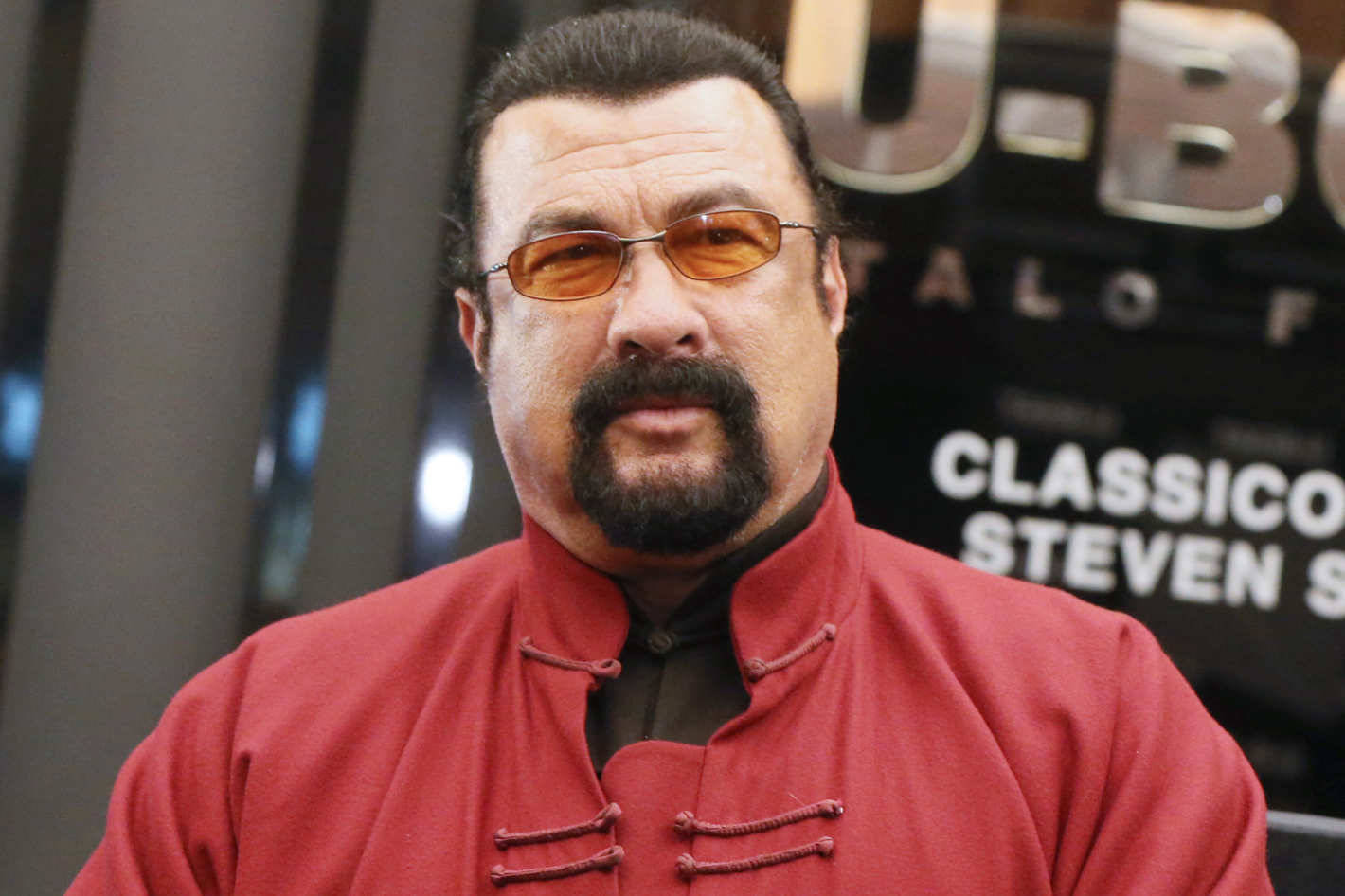So, What’s The Deal? Is Pluto A Planet?

Thirteen years after Pluto was declared a non-planet back in 2006, the bone of contention as to whether Pluto should be considered a planet has yet to diminish. Memes lamenting Pluto’s former title as the smallest planet, and contemporary TV programs feature ongoing jokes about its fall from grace. And it seems that the years of fury at the loss of Pluto as a planet may finally be coming to fruition.
Back in the 90s, the planets that lay outside the solar system as we know it were pretty much unheard of. People were quite frankly shocked at the mere notion that there was life beyond Earth, and our planet was widely considered to be the only one that contained sufficient water to support life. However, as our technical capabilities and comprehension of the reality of the university evolved, our perceptions underwent some radical changes.
Back in 2006, some notable astronomers met in Prague to do something that had not previously been all that important: Define what represents a planet. During this famous conference, they decided that to planets shared three distinct qualities:
- They were large enough to maintain a spherical shape through the force of gravity.
- They followed an almost round orbital path of debris and additional bodies.
- They must orbit the sun.
Pluto swiftly lost its title as a planet on the basis that it exhibits an elliptical, as opposed to a round, orbital path. Furthermore, it crosses paths with the orbit of Neptune. However, those who have been fighting on in the name of getting Pluto re-established as a planet may soon be receiving good news…
Evolving Definitions
In 2013 a planet was discovered that was not associated with a specific system or star. What have become known as rogue planets, are Jupiter-sized entities that drift through space in isolation.
Even from this brief description alone, it is clear that they don’t meet the criteria to denote a planet that was established in 2016; i.e., they do not orbit the sun, and they do not follow a circular path. So why is NASA referring to them as planets? And how does this change Pluto’s status?
The discourse surrounding Pluto’s status has finally yielded some changes. Another meeting of astronauts, this time in April 2019, once again involved a discussion of what represents a planet. The hubbub associated with Pluto can be predominantly traced back to an inconsistency in how it is named. On what basis are we declaring it a non-planet? If has a thinner version of an atmosphere, which is known as an exosphere, five moons, and even a range of mountains. Yet it has lost its title as a major planet.
Interestingly an informal vote between the attendees of the 2019 conference found that vast majority of the astronomers present were of the opinion that Pluto should regain its former title on the basis that it exhibits many of the traits that are typical of the other planets in the solar system. In the deep space it occupies in the Kuiper Belt, abundant rocky bodies orbit the sun. In fact, the conditions in which it exists are evocative of the early solar system, in which space was a hot commodity that was characterized by a combination of debris, small asteroids, and larger planetoids. Over time, some of these rocky entities became organized as moons and planets or fell into the asteroid belt. Out in the far-colder region of the Kuiper Belt, the redisposition did not fully take place.
So, there’s high hope that Pluto could once again regain its title as a planet. Meanwhile, let’s not judge it so inhospitably based on where it lives.







